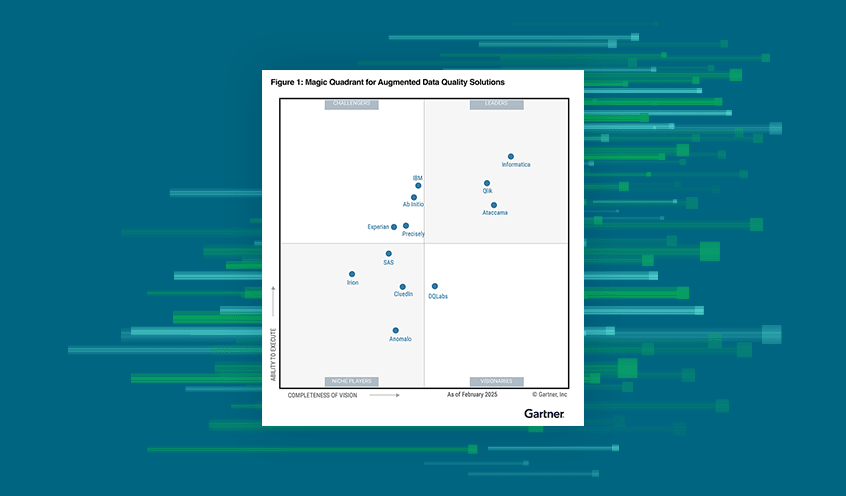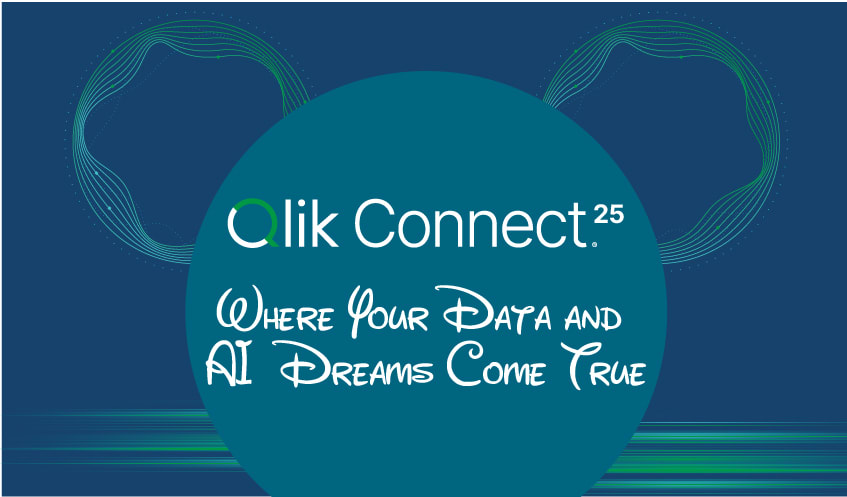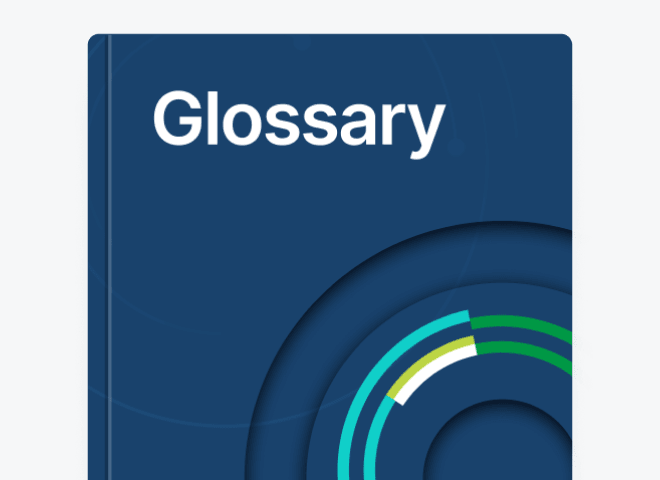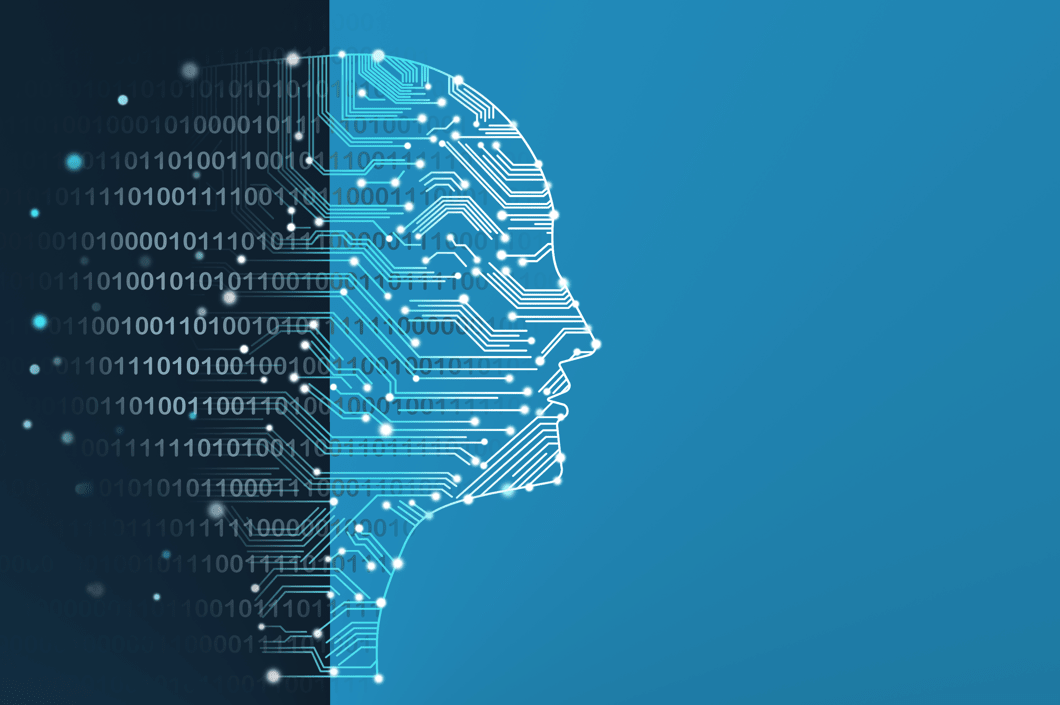As we start moving beyond the hype of generative AI, there is a reckoning that while it is a transformative technology that will ultimately change the way we work, it will not replace humans. More accurately: it will not replace humans who can adapt by upskilling in AI. So it begs the question, is** AI Literacy emerging as the new skills gap, following in the footsteps of data literacy?**
One of the unique aspects of generative AI is that it has very quickly democratized the AI experience: anyone and everyone can log on to ChatGPT and other like tools, ask questions and get answers. But in the corporate context, while you don’t need to be a data scientist to use AI, you do need to know how to use it to become more productive and effective at your job – and do it responsibly and ethically.
If that rings a familiar tone, you may have heard this said before about data. If you have been following Qlik for a while, you have certainly heard it from us. In 2017, we undertook a mission to raise awareness of the data literacy skills gap and help organizations to close it with our education program and powerful analytics capabilities. Our approach, then and now: data literacy is a goal for everyone who works with data, not just the data scientists. If AI literacy is the next frontier in skill development for everyone, is it the new data literacy?
Why AI literacy is important
One of the most exciting aspects of generative AI is the way it seemingly empowers you to “10x yourself” by generating content or summarizing content for you in an instant. More generally, AI can automate repetitive tasks, analyze vast datasets, and provide insights that can inform decision-making. But to take full advantage of these capabilities and enhance your productivity, you need the right level of proficiency in AI. AI skills will enable you to know how to generate the best output by AI systems and provide you with the ability to critically assess their results, which is crucial for making the best informed decisions and ensuring high-quality work.
If these arguments weren’t convincing enough, generative AI has also been a catalyst for a shift in hiring trends, with AI skills fast becoming a listed requirement in new job postings. According to data from LinkedIn, job postings mentioning AI have more than doubled in two years. Simply put, to get ahead and ensure you stay relevant on the job market, you will need to embrace the shift, and become AI literate.
Assessing the AI skills gap
Where are we today? While companies and employees are starting to recognize the importance of AI literacy to proof careers and create enterprise value, there is a long way to go. A recent McKinsey global study found that almost four in ten organizations reporting AI adoption expect more than 20 percent of their companies’ workforces to be reskilled. At the same time, another global study showed that over 50% of employees believe that AI skills will be essential for their role, but that only 13% have been offered any AI training in the last year.
With AI going mainstream less than a year ago when ChatGPT exploded on the scene, it’s not surprising, but that is likely to quickly evolve. New AI training programs are being introduced by educational institutions as well as big technology companies, and organizations are launching formal training programs for their employees. Just last week, New York City unveiled an AI action plan that includes AI literacy for the city’s employees.
Why data literacy still matters
In this new age of AI, do we still need data literacy? My answer is a resounding yes. While AI literacy focuses on understanding AI technologies, algorithms, and their applications, data literacy is the foundational knowledge needed to work with data effectively. As I wrote in a previous post, while there has been tremendous attention on generative AI over the last year, traditional AI use cases still represent the majority of overall potential value for AI. Data literacy is a great enabler for traditional AI, as it empowers individuals to select and prepare high-quality datasets, recognize and mitigate biases within the data, and help interpret outputs to make data-driven decisions. So as companies adopt a hybrid AI approach that combines traditional and generative AI, a hybrid literacy approach that combines both AI literacy and data literacy will also be essential.













































